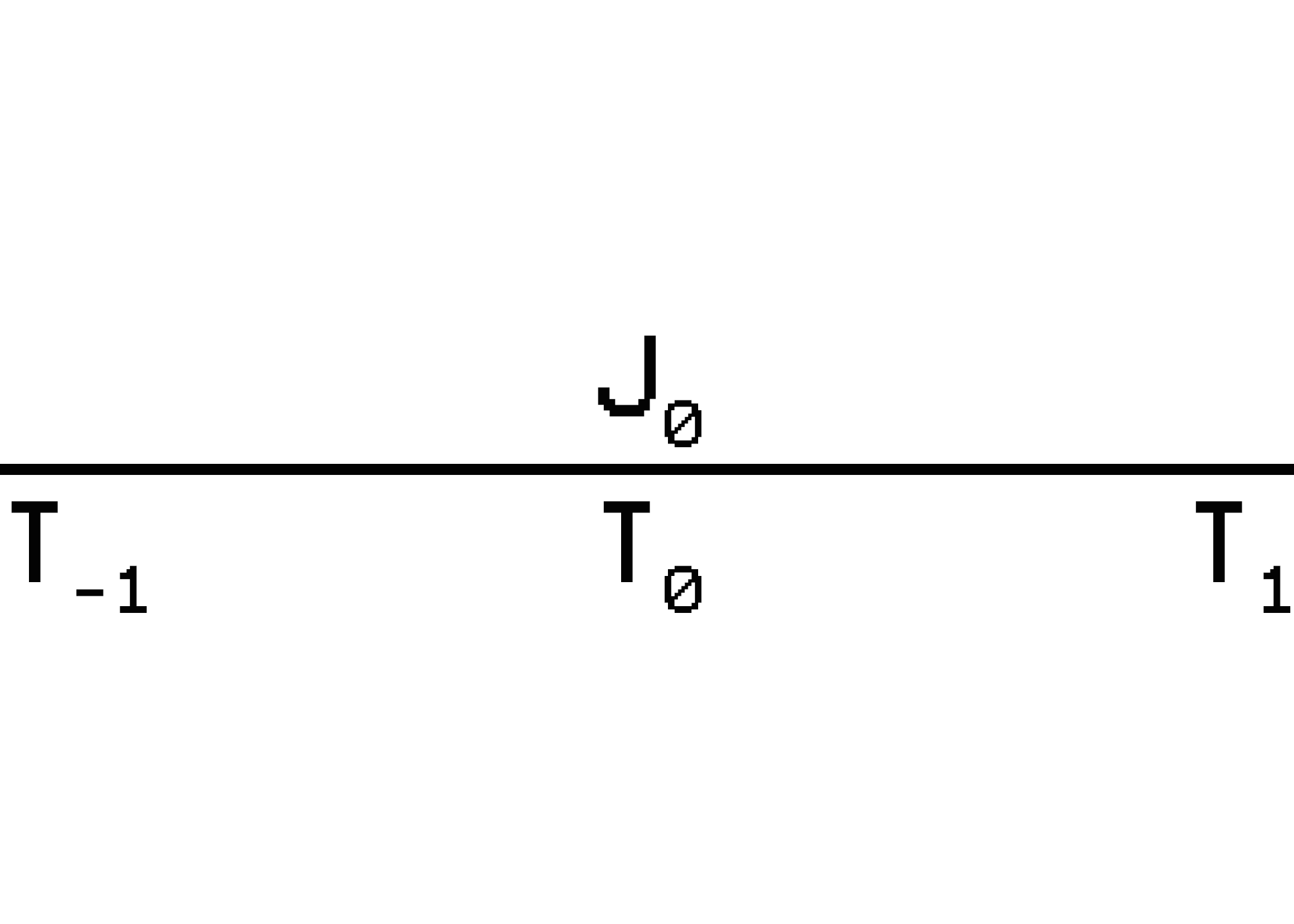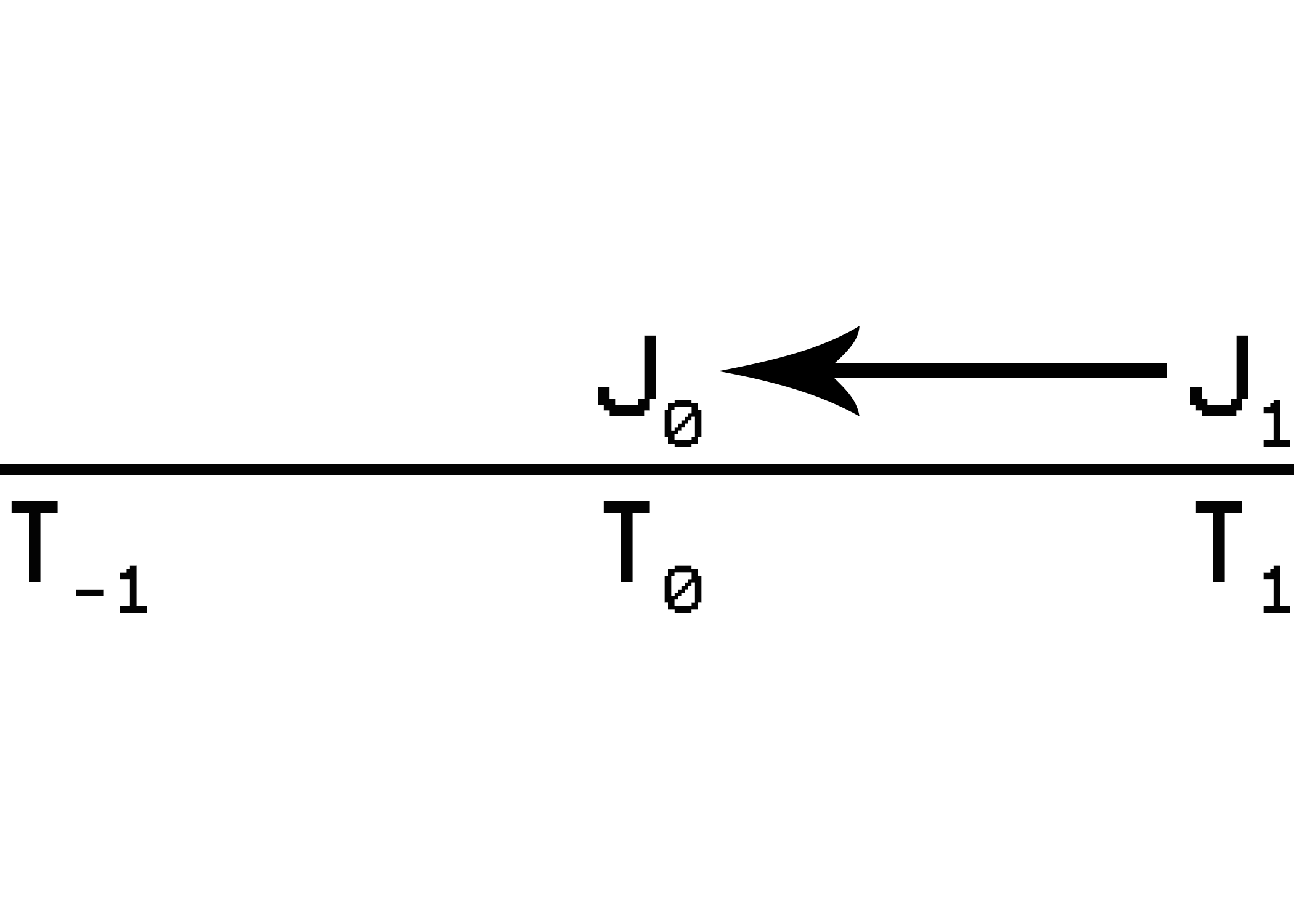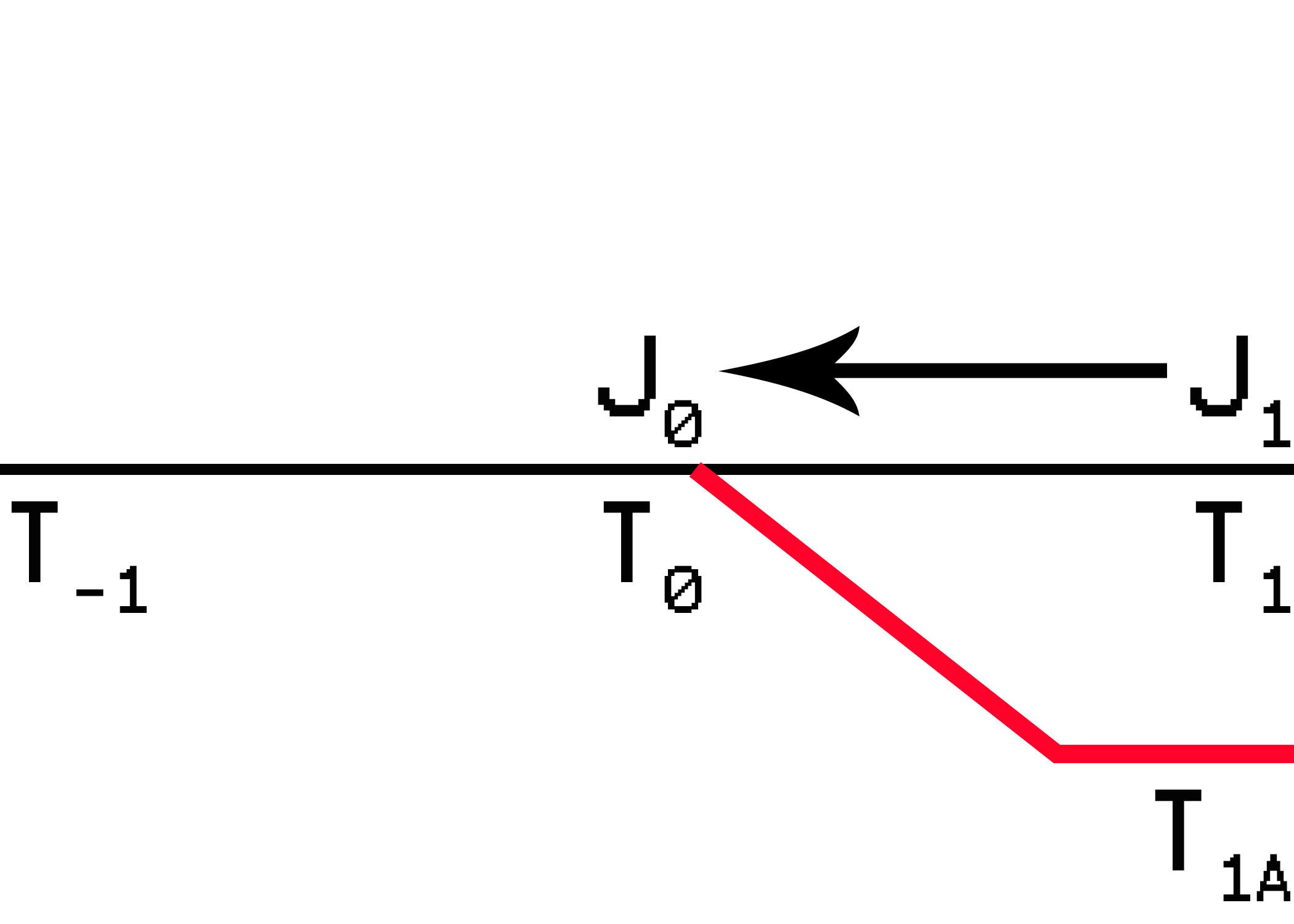For this question think of the times of past, present, and future as $T_{-1}$,$T_0$, and $T_1$, respectively. There is a man named Jim, currently in $T_0$, so lets refer to him as $J_0$. $J_0$ is a very smart man and at some point between $T_0$ and $T_1$ he invents a time machine. His future self, $J_1$, uses this time machine to travel back in time from $T_1$ to $T_0$. At this point, $J_1$ tells $J_0$ to not build the time machine. This in turn sends the timeline from $T_0$ to $T_{1A}$. However, without the time machine, $J_1$ cannot tell $J_0$ to not build the time machine, therefore creating a paradox.
Here is a visual example:
1 - Normal Timeline with $J_0$ at $T_0$.
 2 - $J_1$ goes back in time to $T_0$ from $T_1$.
2 - $J_1$ goes back in time to $T_0$ from $T_1$.
 3 - This creates an alternative timeline starting at $T_0$ to $T_{1A}$.
3 - This creates an alternative timeline starting at $T_0$ to $T_{1A}$.

Now what happens next? $J_{1A}$ cant go back in time like $J_1$ did because he had no time machine and would have no purpose to do so anyway. Therefore, would the universe reset to the original timeline or will something else happen?
